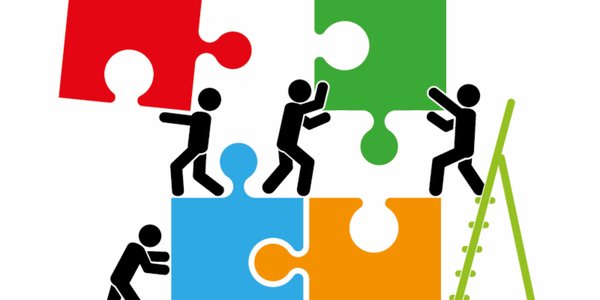Success is the achievement of a desired aim, fame, wealth or social position. So a successful person is somebody who has been able to achieve an aim, fame, wealth or social position. A successful person is somebody who has been able to start a project (no matter how small it is) and see it to the end and should also have guided quiet a number of people to bring their own projects to completion. I believe this is a complete definition of success.
A successful individual is the most powerful force for change and happiness on the face of the earth or in all of existence.… Read the rest

